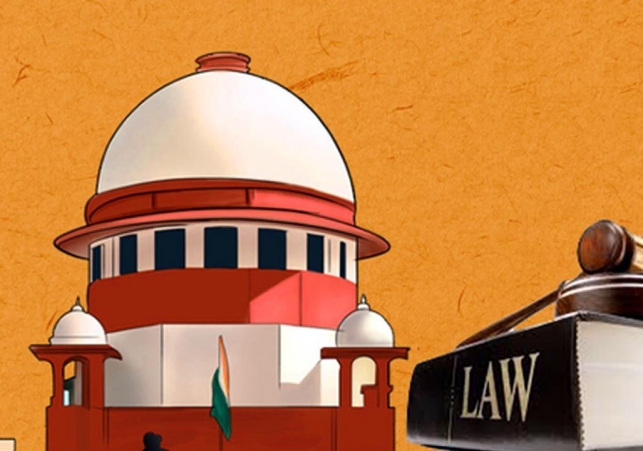
Electoral Bonds Scheme ruled unconstitutional by Supreme Court
Supreme Court declares Electoral Bonds Scheme unconstitutional
In a significant ruling, the Supreme Court declared the electoral bonds scheme unconstitutional, stating it violates the right to information under Article 19(1)(a). The unanimous verdict came after a batch of pleas challenged the central government's scheme allowing anonymous funding to political parties.
Decision impact and directives
The Supreme Court held that the anonymous nature of the electoral bonds scheme undermines the right to information crucial for electoral choices. The State Bank of India (SBI) was directed to cease issuing any further bonds, and instructed to furnish details of bonds purchased since April 12, 2019, to the Election Commission.
ALSO READ: Farmers to Block trains on day 3 of protest, engage in round 3 talks with Centre
Introduced in 2017, the electoral bonds scheme aimed to provide transparency in political funding by offering an alternative to cash donations. Under the scheme, citizens or entities incorporated in India could purchase electoral bonds. Only political parties meeting specific criteria were eligible to receive these bonds, which could only be encashed through authorized bank accounts.
Legal proceedings and final verdict
The case saw extensive legal deliberations, with the apex court emphasizing the importance of reducing cash transactions in the electoral process. The Constitution bench, comprising five judges, heard arguments from various parties, including Congress leader Jaya Thakur and the Communist Party of India (Marxist). Despite initial refusal to stay the scheme in April 2019, the Supreme Court eventually struck it down, emphasizing its adverse impact on electoral transparency and citizen's right to information.
ALSO READ: Farmers' Chalo Dilli March set to resume after initial deterrence





